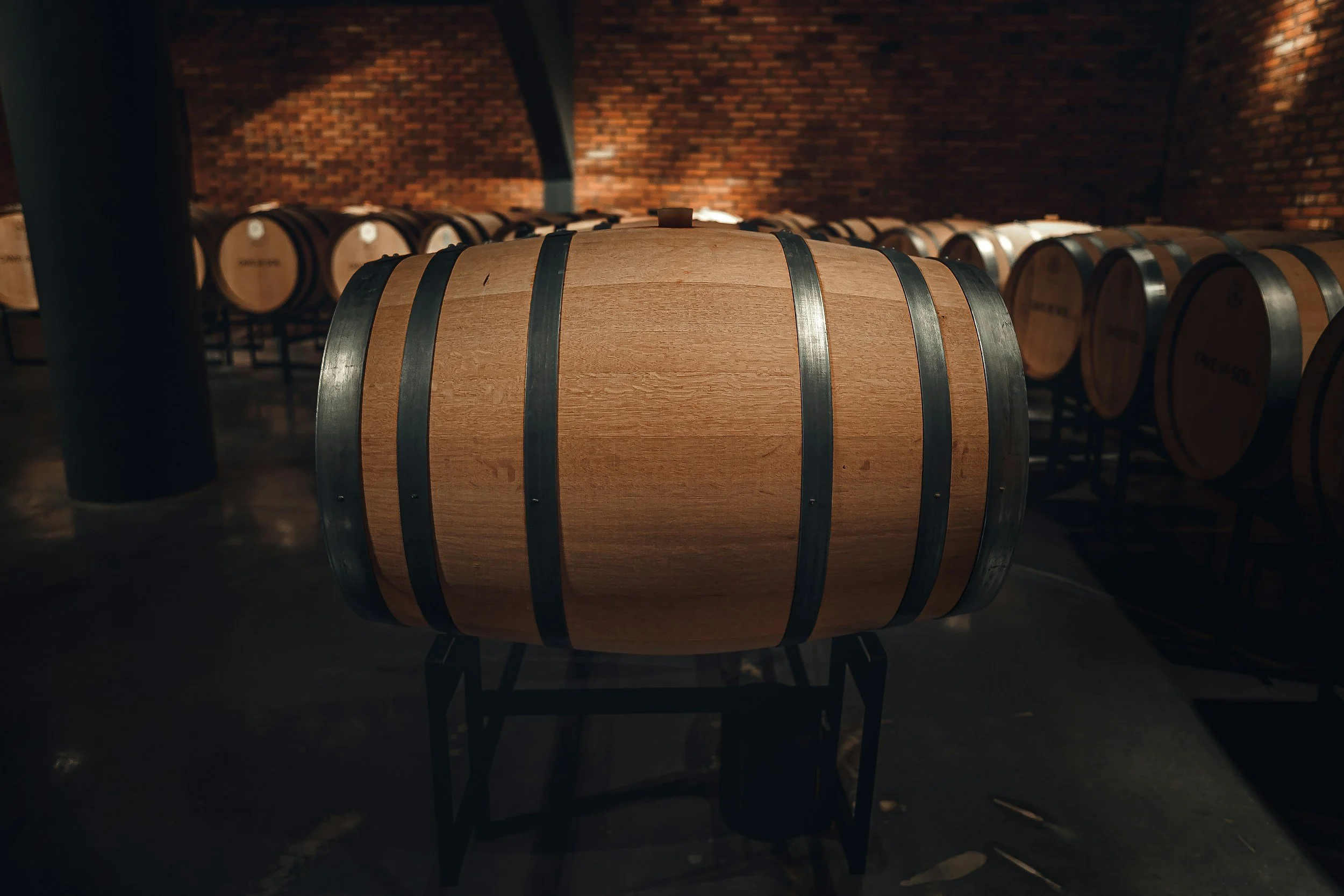This is quite apt, as I’m writing this with a bit of a hangover (don’t judge me). But whether you’re a drinker or not, you might not know that the word ‘alcohol’ has an interesting backstory.
Like lots of words starting with ‘al-’, ‘alcohol’ comes from an Arabic word: ‘al-kohl’. If you’re someone who likes a smoky eye, you’ll probably recognise that last bit from kohl eyeliner. And that’s what it meant – by the 10th century, ‘al-kohl’ was used to refer to the mix of lead-based minerals (including galena, cerussite, laurionite, phosgenite, stibnite and malachite) used as eyeliner in the Middle East. (And no, rocking a lead-based cat-eye isn’t a good idea – research has found that lots of people got lead poisoning as a result. There’s an upside though. It also acted as a toxin, killing off infections that got into people’s eyes when the Nile flooded. Bonus.)
Much like me walking home after a night at the pub, the word ‘alcohol’ took a slightly circuitous route to get to English. Because kohl was made by grinding, over time, the meaning of ‘al-kohl’ shifted in Arabic to mean any very fine powder. In the 13th to 14th centuries, Medieval Latin borrowed the word as ‘alcohol’ or ‘alcochol’, using it for fine powders or refined substances that were ground or distilled. By the 14th to 16th centuries, alchemists were applying it to the purified ‘essence’ of something – for example, ‘alcohol of wine’ meant highly concentrated ethanol. In the 17th and 18th centuries, the meaning narrowed further in English to ethanol specifically, and then more broadly to any drink containing it. AKA, booze.
Us humans have been finding ways to get pissed for the best part of 13,000 years. In 2018, residue from a beerlike fermented drink was found in stone mortars in a cave in Israel. They’re believed to date back to 9750–11,750 BCE. There’s also a theory that the hunt for beer is what prompted us to start farming cereals, which led to one of the biggest social-technological changes in human history. (It might also have been the hunt for bread or porridge, but that doesn’t make for such a good story.)







